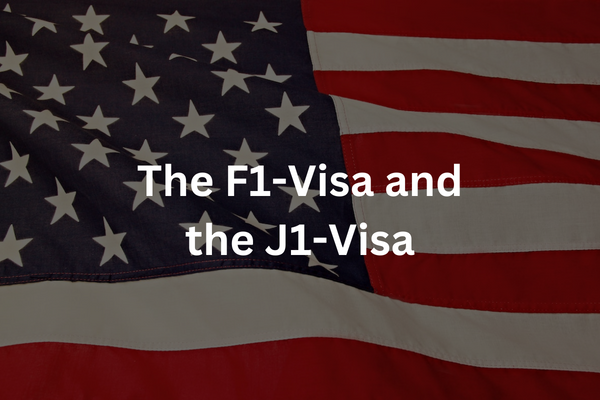Even if you have landed a job with a company in the States and have found a sponsor organization, you need to get past a visa interview before you can receive your J1 Visa. The visa interview takes place in your country’s embassy for the United States and a visa officer will be responsible for the outcome of your visa interview.
16% of J1 Visas are either denied or are sent to the 221(g) administrative process. The 221(g) process is when the Visa officer cannot make the decision about the visa at the time and takes all the documents from the applicant to later on decide the outcome of the interview. It is a terrible feeling for the applicant to wait and not know the result of his/her interview. There are several reasons why the J1-visa gets denied, and some of the top reasons for denial are:
- When an applicant is unable to have a short conversation with the VO in English (The J1 Visa requires applicants to read and write in English fluently to qualify)
- When applicants are unable to articulate what their program calls for. Because the J1 visa category includes a lot of categories (Internship, Trainee), in a few minutes, the applicants will need to explain to the officer about the details of his/her program.
- When applicants don’t know how to frame their situation and are overall not prepared for the visa interview. To ensure visa approval, you should be able to explain to the visa officer why you are applying for this visa, and why you are an eligible candidate.
When you are giving your interview, the visa officer starts off with the assumption that he/she will refuse your visa. It is up to you to convince the officer that you will use your visa well. For this, you need to have the knowledge of your role in the program, and exactly what you will be doing while in the States. You need to know that you are going to the States either for an internship or a trainee program with the J1 Visa. You should know all the details about the program, where and when you are going, what you will be doing, your salary, duration of the program, your duties and schedules, and properly articulate all of it to the visa officer.
Of course, you need to articulate your thoughts in fluent English, since the visa officer will also judge you based on whether you can speak, read and write proper English or not. That is why having an English based test is generally considered to be of value during the interview (IELTS, TOEFL). Confidence is key while you speak with the visa officer. The more confident you are, the more clearly you can share your thoughts to the visa officer, and he/she will judge you well because of your confidence.
Thinking of applying for a J1-Visa? Learn about the program first!!





